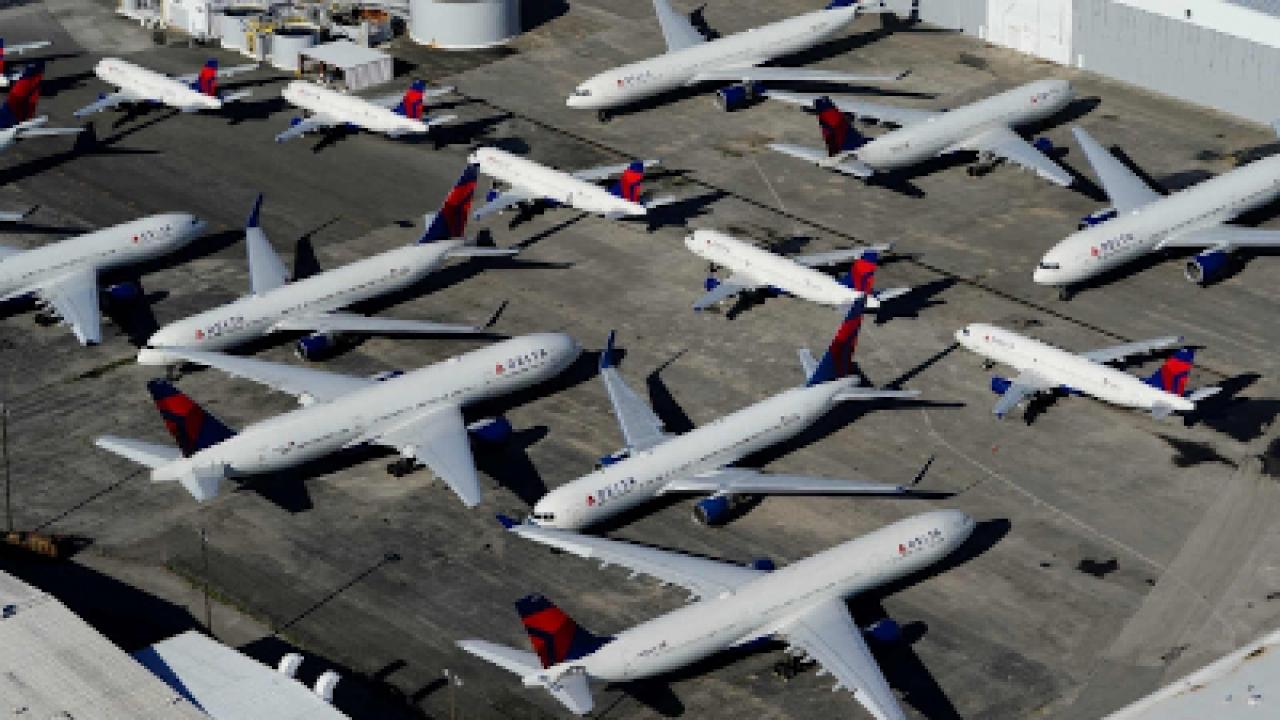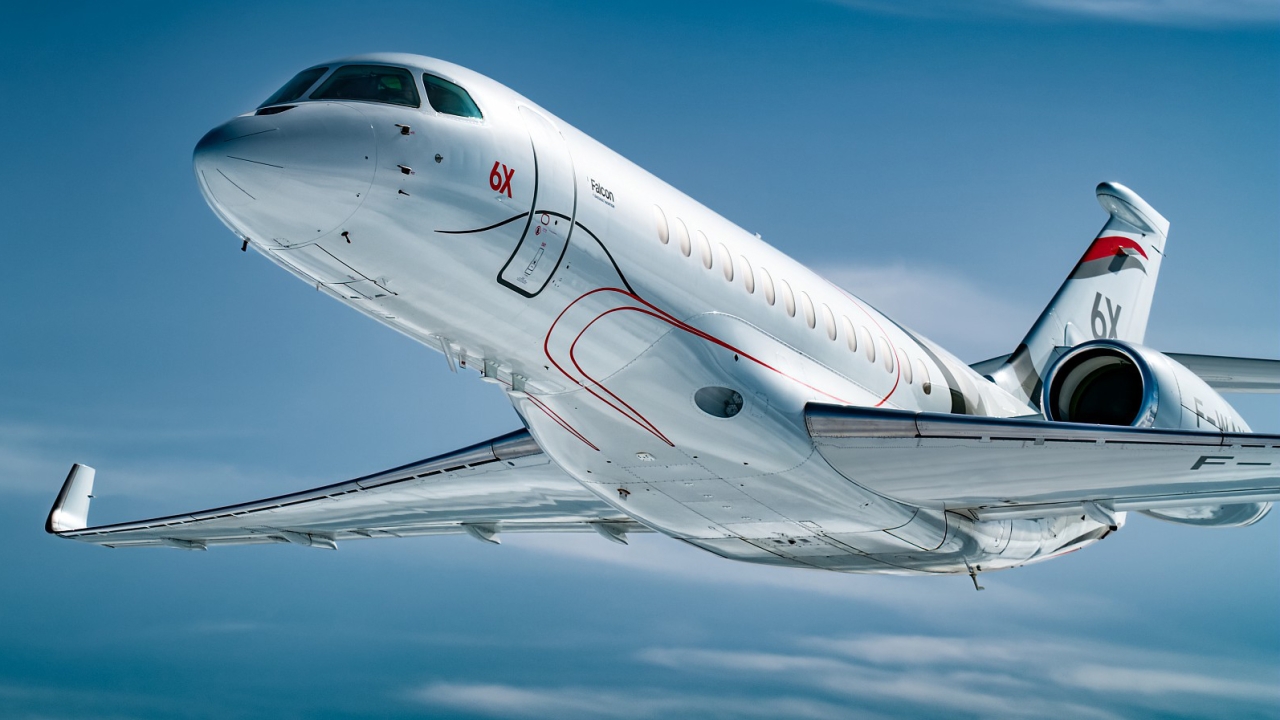Middle East and Africa Airlines see disruption caused by Covid

70%+ of MEA airlines’ fleets were in storage by March 2020’s end, mostly ageing and old technology aircraft. Fewer flights were recorded: from 119,776 in January 2020, down by more than 88.0% on average in April 2020. Airlines suffered heavy losses, some failing and others driven to restructure. Fleets have shrunk, older aircraft replaced and orders cancelled or deferred. Many stored aircraft face early retirement and those at or near lease end are likely to be stored long-term before delivery, disposal or use as feedstock for P2F conversion.
The decline in international tourism and long-haul connections to and from Asia, Europe and North America have severely affected traffic. Emirates reported a 91% capacity drop for 2020-2021 but, since October 2020, African airlines have shown modest improvements in tourism performance.
Middle Eastern aircraft demand surged in 2019 after 2018’s slump, long-range, medium-large narrowbodies including Airbus A320s and A321s favoured. These models are stealing market share from small-to-medium-sized widebodies, as the gap between single-aisle and twin-aisle aircraft continues to blur. Middle Eastern dependence on long-haul international routes will slow recovery and MEA demand for new aircraft is unlikely to reach pre-Covid-19 levels until 2024/2025. African airlines could enjoy pre-Covid level demand by 2023, travel restrictions being less strict and Covid-19 cases stable in the region.
Demand for cargo aircraft has soared post-Covid, increased manufacturing and growth in ecommerce resulting in pre-Covid cargo volumes in 2021. InsightIQ reveals 128 passenger aircraft in 2020 and 13 so far in 2021 have been temporarily converted to freighters, Emirates, Qatar and Etihad among the first to use the aircraft. In Africa, Ethiopian Airlines has increased cargo operations with 25 temporarily converted freighters.
IBA sees encouraging signs of recovery, MEA storage levels falling by around 55% in May 2021 from April 2020. At around 33.0% of the 2,730 in-service aircraft, however, storage remains high. Airlines continue to post YoY losses and the MEA region is experiencing varying degrees of vaccine roll-out across countries. Israel is close to herd immunity and could soon reopen borders, whereas Iran and Iraq face new Covid waves.
Home markets could benefit from widespread vaccination but long-haul international markets connecting through Gulf hubs are likely to reopen later. IBA has also detected European and North American carriers active in the long-haul networks previously dominated by Middle Eastern airlines. BA and Virgin now fly directly to India and Pakistan, for example. Recovery may therefore be some way off, potentially in 2024. IBA projects earlier recovery for Africa due to government support for ailing flag carriers.
Successful recovery for the MEA region hinges on Covid-19 vaccines, airline tactics to increase demand and revenue, government strategies to mitigate the pandemic’s health and financial risks and efforts to safeguard aviation and tourism by bodies including the International Civil Aviation Organization (ICAO) Council’s Aviation Recovery Taskforce (CART).
Stay up to date
Subscribe to the free Times Aerospace newsletter and receive the latest content every week. We'll never share your email address.

